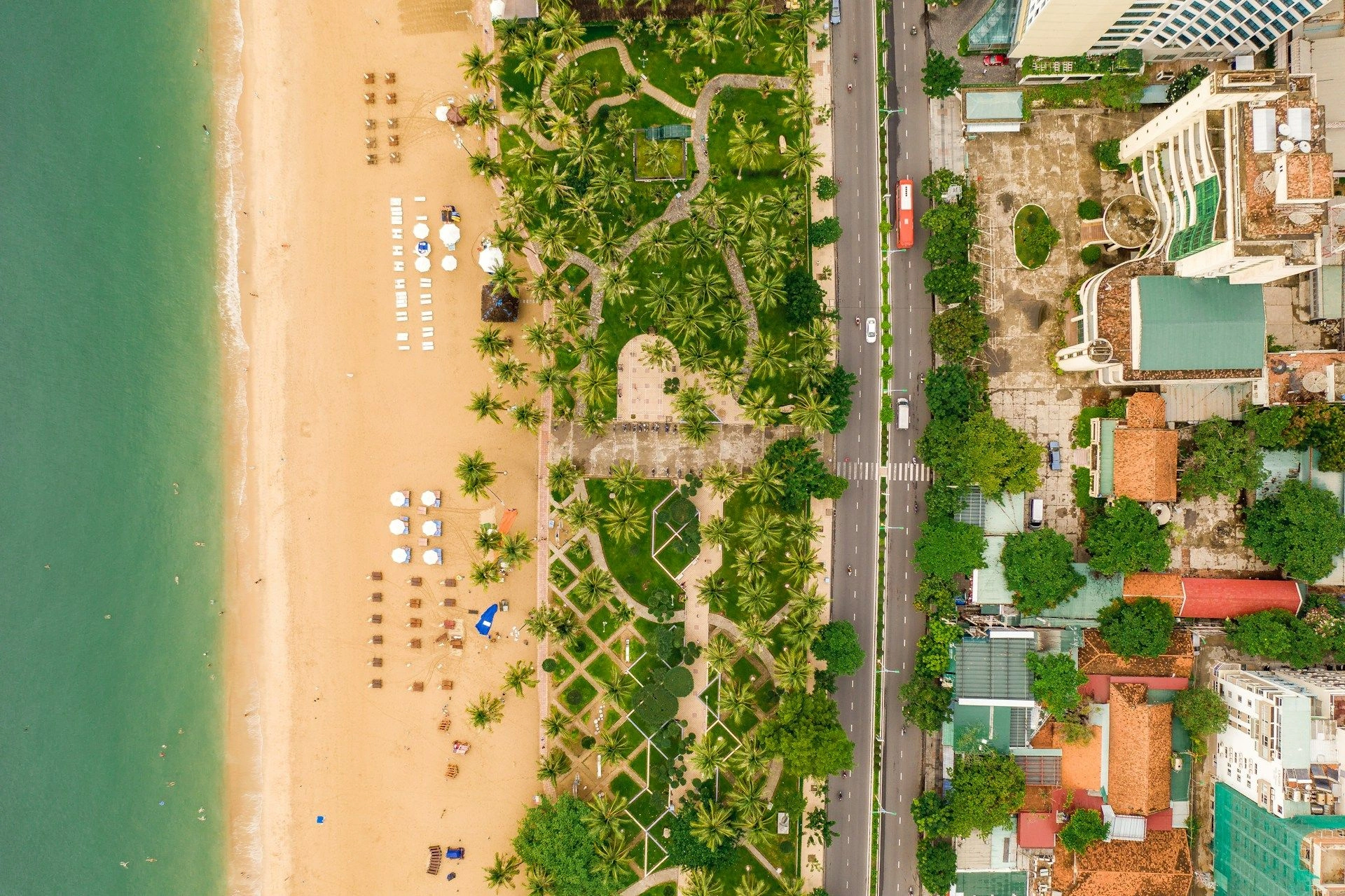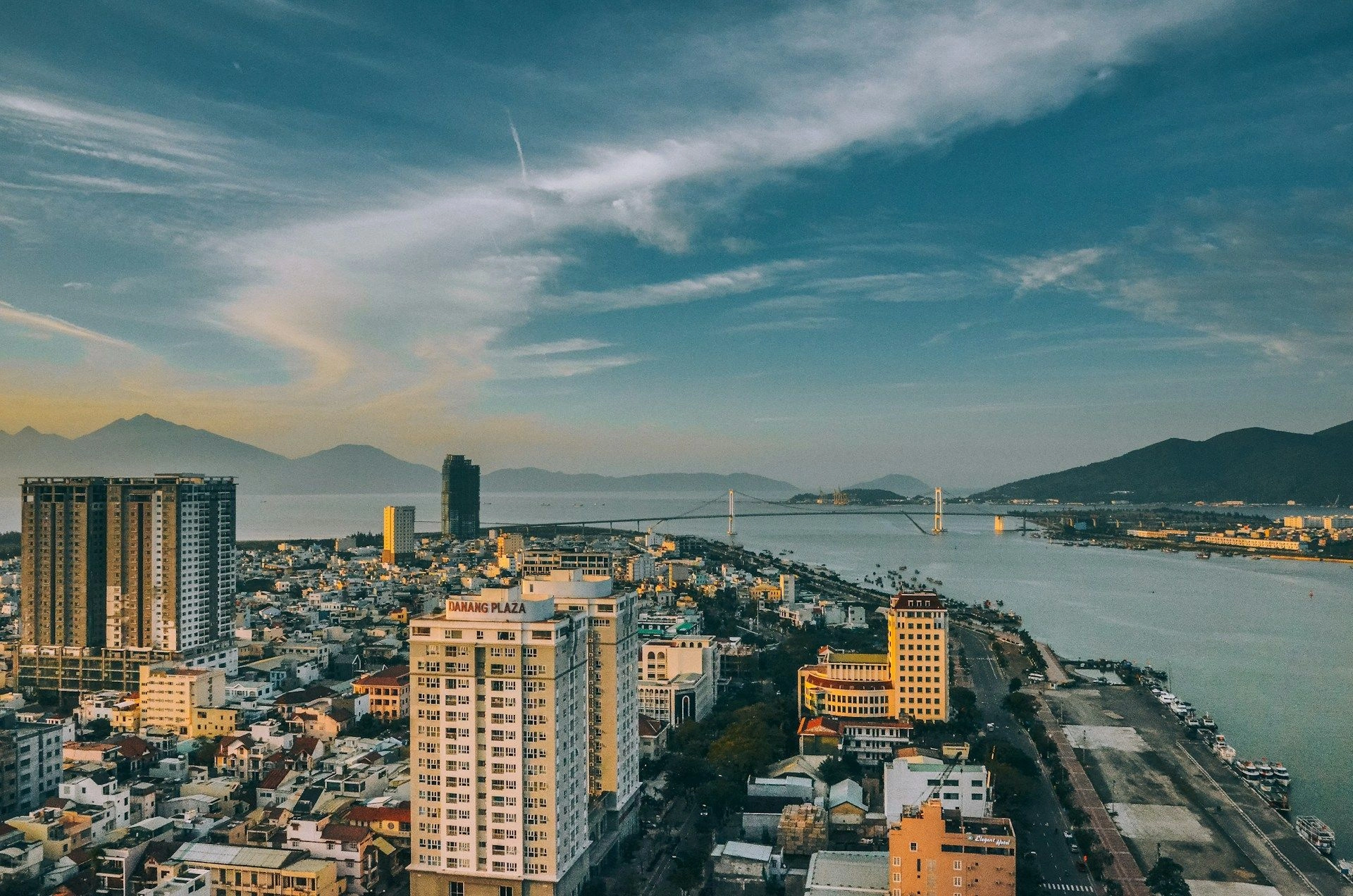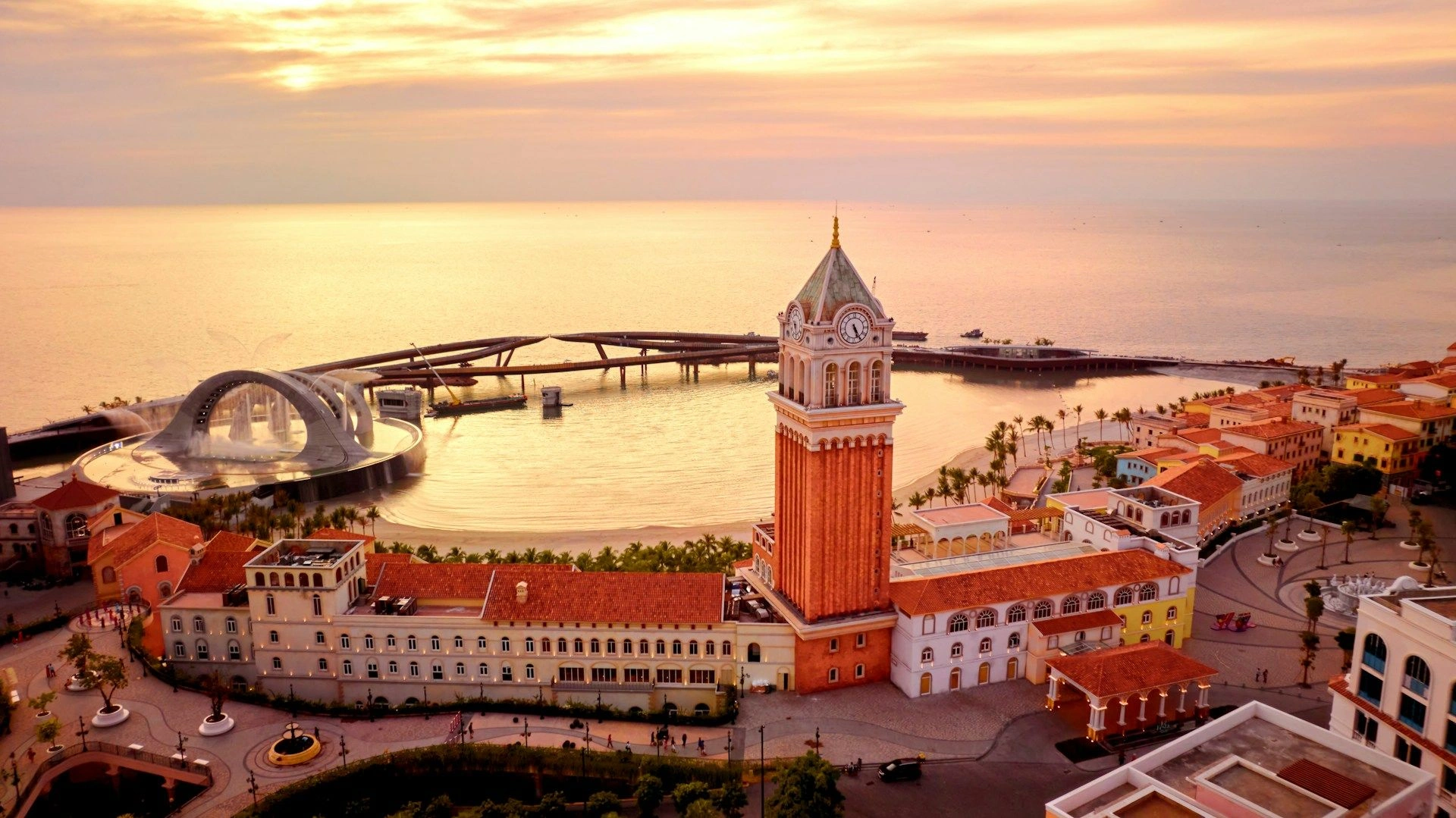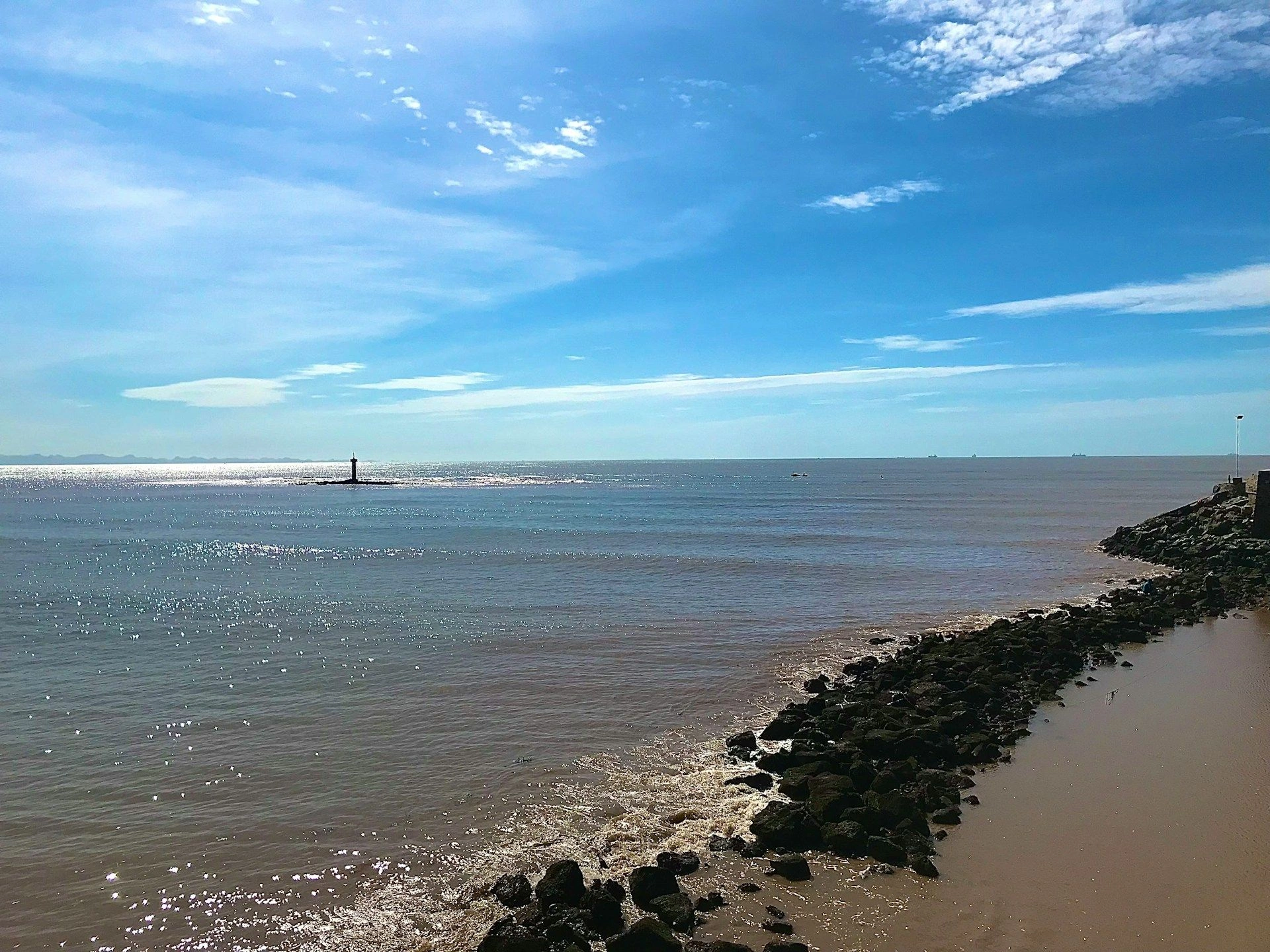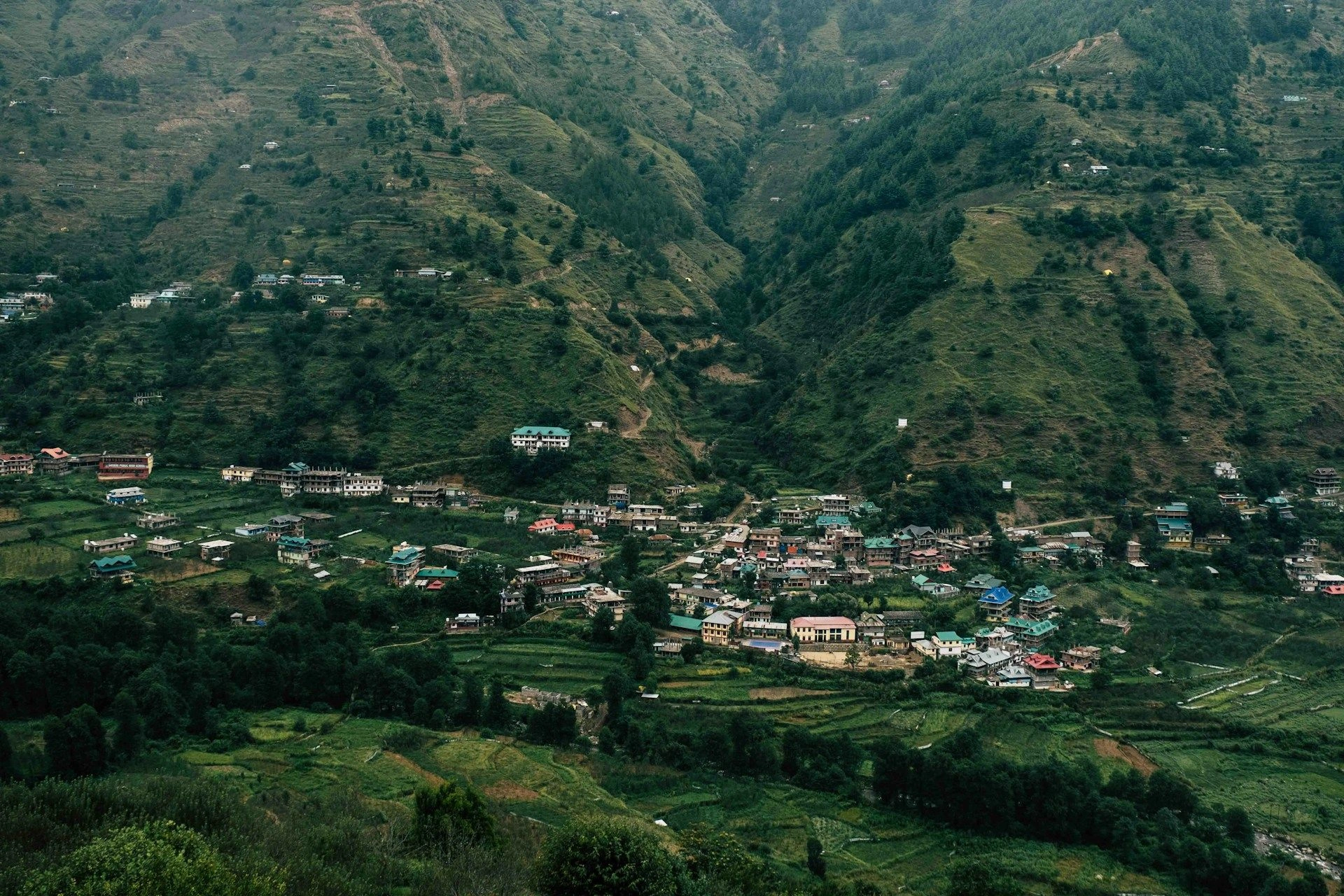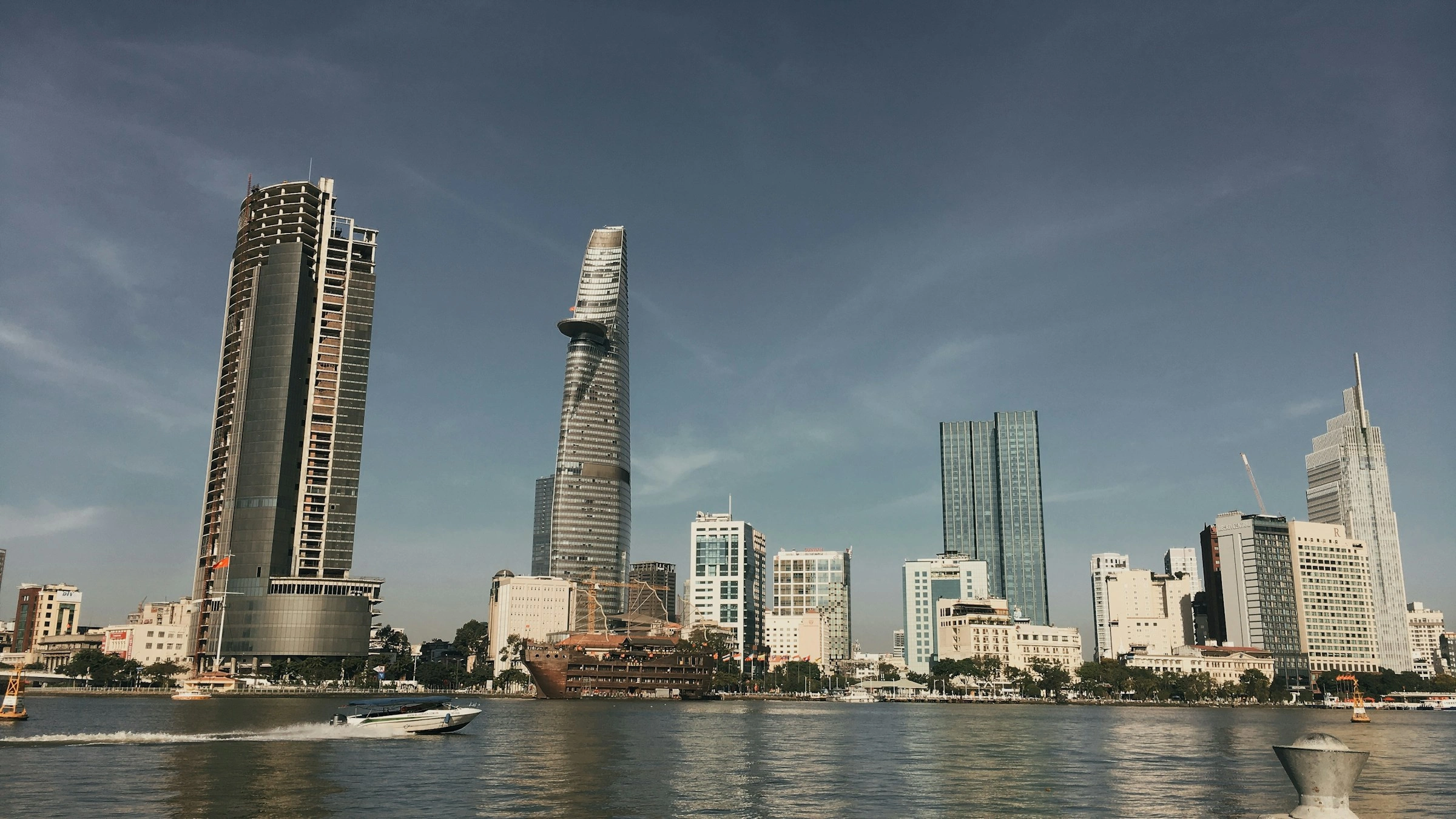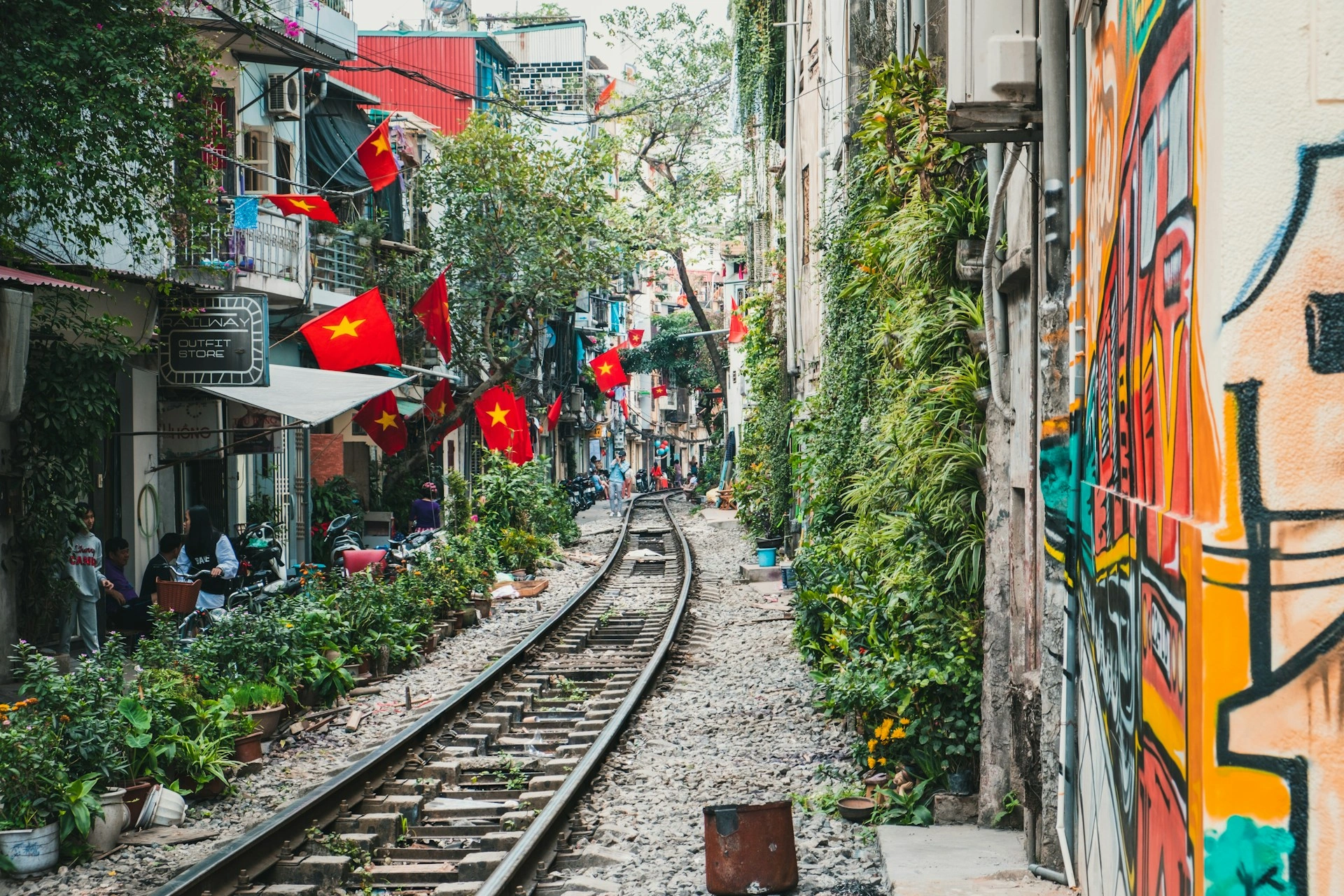Residential property in VietnamCompare options with verified details
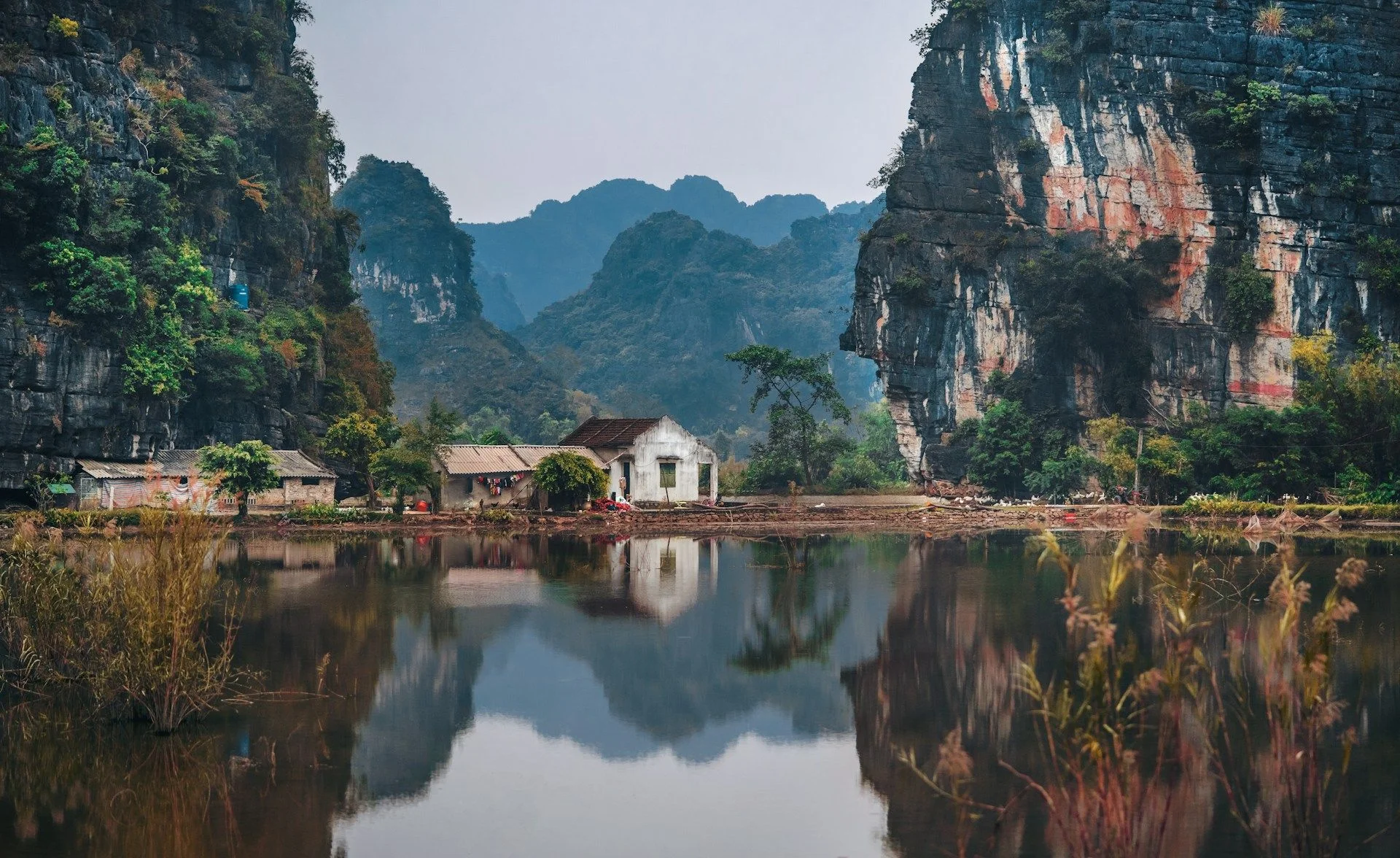
Best offers
in Vietnam
Resale real estate in Vietnam
Timing windows
In Vietnam, buyer competition bursts meet mixed seller timelines, so decision windows compress unevenly; the benefit is fewer timeline revisions once aligned, and you verify stated target dates against an ownership extract
Total clarity
In Vietnam, transfer and settlement cost visibility links to association rules baseline, so totals vary by property type; the advantage is predictable total cost, and you confirm fee schedule coverage notes match the payment terms
Clean comparables
In Vietnam, thin comps and noisy ranges make pricing bands drift, and identifier and boundary consistency keeps comparisons clean; the upside is clearer comparables and price cues, and you compare identifiers across document copies
Timing windows
In Vietnam, buyer competition bursts meet mixed seller timelines, so decision windows compress unevenly; the benefit is fewer timeline revisions once aligned, and you verify stated target dates against an ownership extract
Total clarity
In Vietnam, transfer and settlement cost visibility links to association rules baseline, so totals vary by property type; the advantage is predictable total cost, and you confirm fee schedule coverage notes match the payment terms
Clean comparables
In Vietnam, thin comps and noisy ranges make pricing bands drift, and identifier and boundary consistency keeps comparisons clean; the upside is clearer comparables and price cues, and you compare identifiers across document copies
Useful articles
and recommendations from experts
Resale real estate in Vietnam - fees, totals, and readiness across comparables and dates
Why buyers choose resale in Vietnam
Buyers use resale when they want decisions based on what is available now, with pricing bands and timing signals visible in current offers. Vietnam is large and uneven by region, so resale decisions work best when they stay market-level and comparable-first.
Resale choices are often preferred because they let you compare across real listing ranges rather than projections. When you scan resale real estate in Vietnam, the practical benefit is that you can normalize assumptions about dates, totals, and file readiness across multiple listed properties.
The market can tighten and loosen in bursts. When demand concentrates on a narrow set of properties, timelines can compress, and buyers benefit from focusing on readiness rather than trying to predict the market direction. Readiness is not a feeling - it is the consistency of documents and the clarity of authority and dates.
Another driver is cost visibility. Total cost is rarely just a headline price. Fees, dues, and settlement steps can shift totals, so resale works best when fee notes are written clearly enough that you can compare totals on the same basis across options.
Who buys resale in Vietnam
The resale housing market in Vietnam includes first-time buyers, family buyers, remote buyers, expat buyers, downsizers, and financing-driven buyers. Their situations differ, but their decision logic often converges: keep totals predictable, keep dates realistic, and keep comparables clean.
First-time buyers typically want a repeatable sequence. They are not trying to become experts in every detail, but they do need standard checks that reduce resets. They benefit most when a listing file stays consistent across copies and the core fields do not drift.
Family buyers tend to prioritize calendar stability and cost clarity. They prefer a closing plan that does not change repeatedly and totals that are supported by written notes. Clear fee coverage and a confirmable authority path are often the difference between stable dates and revised dates.
Remote and expat buyers rely more heavily on documentation because informal context is limited. They focus on file coherence, identity consistency, and clear payment terms that match fee notes. This approach is practical for resale property in Vietnam because it keeps comparisons stable even when the market moves.
Property types and asking-price logic in Vietnam
Vietnam is a multi-market country, so asking-price logic is easiest to read when you compare like with like. Apartments, landed homes, and mixed-use assets can follow different pricing behavior, fee baselines, and document patterns, which affects how clean the comparable set can be.
Headlines should be treated as ranges until the file supports a comparable set you can rely on. A range becomes usable when identifiers and boundary wording are consistent across copies and attachments, and when fee notes do not change the total cost basis between properties.
In larger metro markets, the comparable set can be broad, but it can also be noisy when phases or management baselines differ. In smaller markets, the comparable set can be thin. In both cases, the buyer advantage is clearer price cues when you keep the comparable inputs consistent and document-backed.
If you plan to buy apartment on the resale market in Vietnam, use the asking price as the start of validation. A usable price band comes from clean comparables, clear fee coverage notes, and a date plan that matches the readiness shown in the document pack.
Resale apartments in Vietnam are often compared across building types and management baselines, which can shift dues and service charges. That is why totals must be normalized. If two apartments look similar but their fee coverage notes imply different totals, the comparable set becomes distorted.
Legal clarity and standard checks in Vietnam
This page is not a legal manual. The goal is to keep decisions calm by using standard checks that confirm the file supports the same story as the listing. In Vietnam, the most common clarity gaps are not exotic issues - they are inconsistencies across copies, unclear authority scope, and incomplete fee notes.
Start with ownership and title basics using generic labels when formal names vary. Review an ownership extract and a title record, then run an encumbrance check in the usual sequence. The buyer benefit is that dates and totals become more stable when contradictions are removed early.
Next, check identity consistency. Confirm that the property identifier is the same across copies and that boundary wording does not change meaning between documents. If the identifier or boundary language shifts, your comparable set becomes noisy and your price band will drift.
Then confirm the signer authority path. You are not aiming for complex theory - you need clarity on who signs, what they are allowed to sign, and whether any consent check is required. Authority clarity is a readiness signal because unclear scope often forces date revisions.
Finally, keep totals legible. Transfer and settlement cost visibility improves when fee schedules and coverage notes match the payment terms. When those align, you can compare resale real estate in Vietnam on a consistent total-cost basis.
Market segmentation and area roles in Vietnam
Think of segmentation as market structure, not lifestyle. Vietnam includes large metro markets, coastal markets, and industrial corridors, each with different supply patterns and different levels of comparability. Segmentation helps you keep comparisons clean by selecting a consistent comparable group.
Metro markets such as Ho Chi Minh City and Hanoi often provide more data points, but also more variation in building baselines and fee structures. That means you can compare many listings, but you must normalize totals to avoid comparing unlike fee models.
Coastal and resort-linked markets can show different seller timelines and a larger share of remote participants, which can compress decision windows when a listing matches common criteria. In that environment, file readiness and date clarity become especially important to reduce revisions.
Industrial and manufacturing-linked areas can behave differently in demand cadence and property mix. The buyer benefit of segmentation is practical: compare within a coherent market pocket and apply the same standard checks to keep price cues and dates stable across the set you use for decisions in the resale housing market in Vietnam.
Resale vs new build comparison in Vietnam
Resale and new build options solve different buyer preferences. In Vietnam, resale is often preferred when buyers want current availability and observable comparables, while new build may appeal when buyers prefer developer-led sequencing and more standardized documentation formats.
Resale gives immediate market cues. You can see where price bands cluster and how sellers frame dates and fee notes. This is a practical way to keep your decision grounded in the resale housing market in Vietnam rather than relying on broad averages.
New build can simplify some steps but may reduce comparability across finished stock until more transactions establish stable reference points. Resale can offer more flexibility, but it requires consistent standard checks so totals and dates do not shift due to unclear copies or unclear authority scope.
A useful tradeoff is totals. In resale property in Vietnam, totals depend on fee coverage notes and settlement steps, so clarity comes from aligning those to written payment terms. In new build, headline totals may look cleaner upfront, but the comparable set can be less direct.
How VelesClub Int. helps buyers browse and proceed in Vietnam
VelesClub Int. helps buyers treat browsing as a structured decision flow instead of a sequence of disconnected impressions. The focus stays on market-level control points that make decisions hold: comparables, fees, totals, readiness, and dates across active listings.
For a country-scale market like Vietnam, structure matters because comparability can break when different property types, phases, and fee baselines are mixed together. VelesClub Int. supports consistent comparisons by helping buyers keep the same basis for totals and the same clarity thresholds for documents across options.
VelesClub Int. also supports a calm sequence of standard checks using generic document language where formal labels vary. Buyers can prioritize listings where identifiers and boundaries are consistent, signer authority scope is confirmable, and fee coverage notes align with payment terms to keep totals predictable.
The practical outcome is clearer price cues and fewer timeline revisions. That is not a promise of speed - it is a repeatable way to keep decisions stable while using current listings to compare the resale real estate in Vietnam.
Frequently asked questions about buying resale in Vietnam
As a first-time buyer in Vietnam, what is the simplest way to keep paperwork consistent?
Check that the title record and ownership extract describe the same asset, verify that identifiers and key fields match across copies, avoid rework from conflicting draft versions, and pause and clarify when two drafts diverge before relying on dates or totals.
As a family buyer in Vietnam, what helps keep the closing plan stable?
Check whether any consent check is needed for the signing path, verify that required consents are documented before dates are treated as firm, avoid delays from missing consents, and pause and clarify if authority looks complete in one copy but conditional in another.
As a remote buyer in Vietnam, how can I rely on comparables without local context?
Check that every document copy uses the same property identifier, verify that the identifier matches across the title record and attachments, avoid mismatched identifiers across copies, and pause and clarify before treating a listing as a clean comparable input.
As an expat buyer in Vietnam, what should I confirm about who can sign?
Check the signer authority path described in the file, verify that authority scope covers what is being signed and paid, avoid unclear signer authority scope, and pause and clarify if the authority statement is broad in one place but narrow in another copy.
As a downsizer in Vietnam, how do I keep total cost predictable across options?
Check whether a fee schedule exists and what it covers, verify that fee coverage notes match the payment terms used for totals, avoid missing fee schedule / coverage notes, and pause and clarify before accepting totals that are not supported in writing.
As a financing buyer in Vietnam, what prevents settlement recalculations late in the sequence?
Check that payment terms and milestone dates are stated consistently, verify that the settlement estimate is aligned to those terms, avoid settlement estimate not aligned to terms, and pause and clarify if the estimate assumes steps not written into the terms.
As an apartment buyer in Vietnam, what is the cleanest way to handle encumbrance notes?
Check the title record for any encumbrance note, verify that any noted limitation is resolved in the documented sequence before relying on dates and totals, avoid encumbrance note not resolved in sequence, and pause and clarify if resolution is implied but not recorded.
Conclusion - how to use listings to decide in Vietnam
Buying resale becomes simpler when you treat listings as a structured comparison set built on the same assumptions. In Vietnam, keep focus on fees, totals, readiness, dates, and clean comparables, and use standard checks so documents support the same story as the listing.
Use current availability to read the market without overreacting to noise. Where ranges look wide, tighten comparability by requiring identifier and boundary consistency. Where totals vary, normalize fees by aligning coverage notes to the same payment terms across options.
VelesClub Int. supports buyers in Vietnam by making it easier to browse current resale options with consistent control points, then proceed when totals and dates remain stable on document-backed assumptions. The practical outcome is fewer revisions and clearer price cues as you compare resale property in Vietnam.
Keep the approach calm and repeatable: check the documents, verify authority scope and fee notes, and rely on clean comparables to maintain a stable decision range within the resale housing market in Vietnam.
